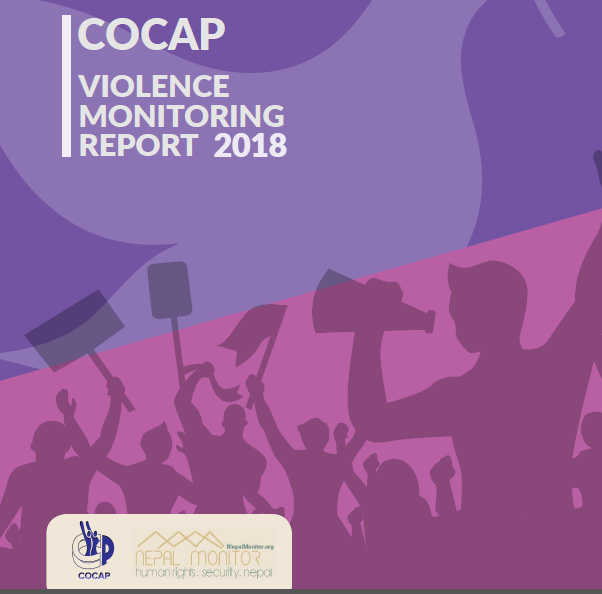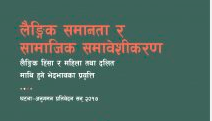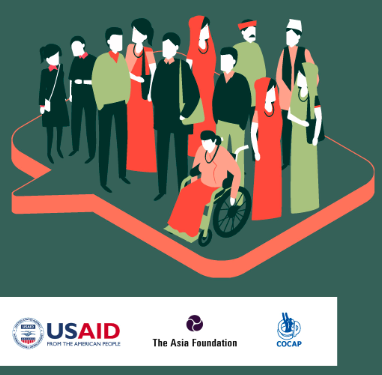Incident Reports
Who are the Badi community, why are they agitating?
2021-03-02
Why is the Badi movement going on?
The order states that necessary plans and programs will be formulated and implemented to implement the policies made for the development of the community, and programs related to settlement development and rehabilitation will be conducted for the systematic settlement of the Badi community. However, the leaders of the Badi community say that they had to join the movement when the plan was not implemented.
Who is Badi Community?
The Badi community living in western Nepal is a marginalized community within the Dalit caste. According to Nepal's 2011 census, the total population of this community is 38,000 in Karnali, Lumbini, and Far Western Provinces. Citizens of this community have been living in small numbers in different districts of western Nepal.
According to historians, the Badi community, who was brought to Nepal from India in the 14th century to entertain the Raja Rajputs, had long made musical instruments and dances their profession. Badi was used to entertain the then king Rajauta and the landlords. With the advent of modernity, the instrumental and dance profession of the Badi community has been overshadowed. This community has been serving not only in Patangini and Khopi of King Maharaja's palace but also in people's houses. Badi community is used in instrumental music and music to dance and sing at weddings and banquets in the village.
After the crisis in the profession, women of the Badi community were found to be forced into sex work. According to Badi leader Hikmat Badi, the community has been making a living by fishing in rivers and streams and running ballast sand since the government completely stopped the sex trade.
Related Reports
Dalit / Bajhang
Three arrested on the charge of vandalizing Dalit family's house in Bajhang
Dalit / Tanahun
Dalit community subjected to social boycott following case of caste based discrimination in Tanahun
Dalit / Dang
Landlord arrested on the charge of evicting person from house for being a Dalit
Dalit / Bajura
Complaint lodged against the Hindu priest on the charge of caste discrimination incident in Bajura
Related Trend Analysis
Analysis
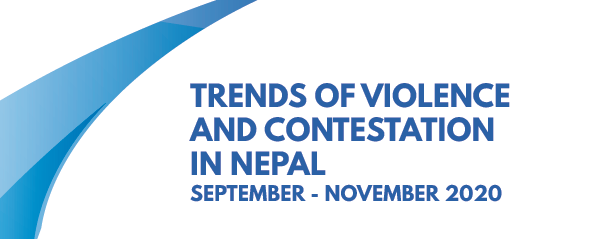
Trends of Violence and Contestation in Nepal, September - November 2020
December 29, 2020
GBV / Political / Dalit / Human Rights / Governance / Covid-19
Analysis
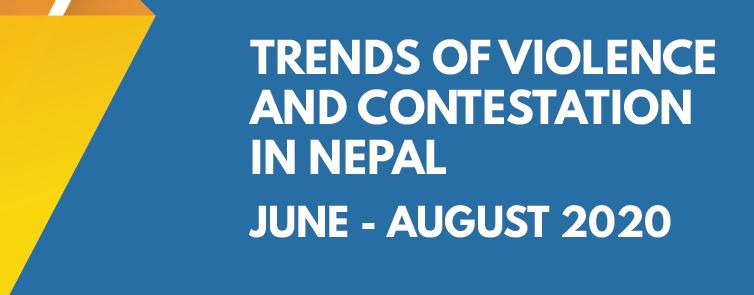
Trends of Violence And Contestation In Nepal, June - August
October 11, 2020
GBV / Political / Dalit / Human Rights / Governance / Covid-19
Analysis
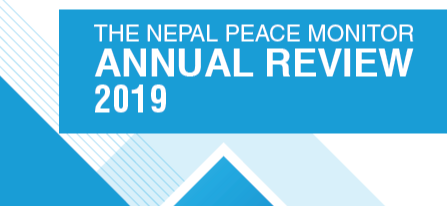
The Nepal Peace Monitor Annual Review: 2019
May 24, 2020
GBV / Political / Dalit / Human Rights / Interpersonal Violence / Governance
